It is reported that David Niven's rendition of Bonny Prince Charlie in a 1948 movie has been rated as the most cringeworthy portrayal of a Highlander in movie history. Niven, who is English, put BPC about as a suave character, forever immaculately dressed, irrespective of whether he had been crawling through the heather or been jumping on and off boats.
I have little respect for BPC, who made one error of judgment after another. The tide of history was already turning against a resumption of the Scottish throne. England and Scotland had been unified under one crown in 1707, a Jacobite uprising in 1715 had failed and Bonny Prince Charlie's attempt to "raise the clans" in 1745 ended in catastrophe at Culloden. Many clans disregarded his call to arms, being well aware how the balance of power was shifting. Even though he managed to reach Derby, 200 miles north of London, Charlie was no strategist and allowed his supply chain to be cut off.
After the defeat at Culloden, a harsh crackdown was initiated against the people of the Highlands and Islands, suppressing their culture and heritage. A price was put on Bonny Prince Charlie's head, and he flitted from island to island, even making an appearance here in Lewis. He turned up at Arnish Cottage - which was destroyed in 1975 to make room for the Fabrication Yard. Were you to rebuild it at the exact location where it used to stand, you'd find it floating in the air, some 70 feet above the ground. Charlie was told by the burghers of Stornoway that they would not betray him, but neither could they permit him to stay.

He disappeared again, finally to flee Scotland dressed as a woman - Flora MacDonald lent him her clothes.
The post-1745 repression continues to echo to this day. Only in the last decade or two has the Gaelic language and culture started to make a come-back. The clans, as were, died at Culloden, and in fact, good riddance. They had crashed from supremacy in the 15th century, as Lords of the Isles, to petty squabblers.
The popular perception of Scotland as the land of the clans does not ring true in everyday life. A place like Lewis is overrun with surnames starting with "Mac" [Gaelic for 'son of'], but surnames are a Napoleonic invention. People would adopt the name of their landlord. Clans still exist, but in my opinion only in a genealogical sense.
Bonny Prince Charlie was portrayed in a cringeworthy fashion, but his place in history warrants nothing better.
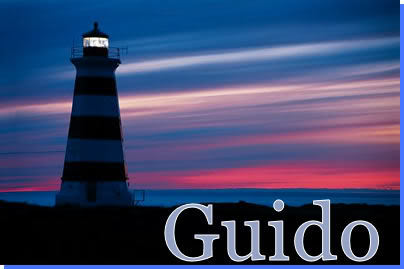




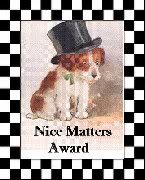

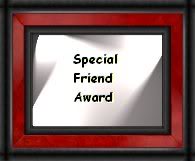

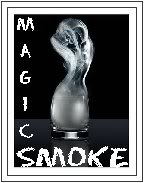
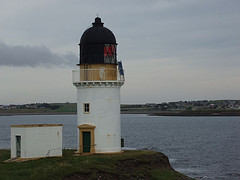
Correct me if I`m wrong but didn`t BPC speak only French?
ReplyDeleteSandra xx
The David Viven film was dire. thanks for the history lesson
ReplyDeleteHugs
Yasmin
Men in skirts-mmm :-)))
ReplyDeleteI am no fan of BPC, either. He made poor military decisions, largely because he listened to the wrong advisers, but in my opinion (and I speak it as the daughter of a MacDowell) the clans were the reason he didn't succeed any better than he did. (And it could have been so very possible for him to actually take London. I have read accounts of Britons of rank stating that if he'd reached London, many Britons would have flocked to his banner.) But the clans were too busy arguing amongst themselves and jealously trying to be the one with the Prince's ear. If they'd actually banded together and left off their petty squabbles they could have been a force to be reckoned with. I am also no fan of the House of Hanover, and I think the atrocities perpetrated by Cumberland (also a German, no Briton, he) following Culloden were unspeakable and unforgiveable. The only thing I can say for the Jacobites was that most of them at least did truly fight for what they believed in, even though it was a lost cause from the beginning -- not history's first lost cause, and, alas, not its last either, I'm sure.
ReplyDeleteDowell is of the Clan MacDougall, and from what I've read, the young lad who was Chief in 1745 was a smart young man who sought council of more than one highly ranked Scotsman and also kept his eye on events as they unfolded, then used the information he got to his own good account. He was prepared to call up the clan, but held off. Because of the intelligence he received he did not call them up, thus was able to say, truthfully, that he'd had nothing to do with the uprising and because of this he had the MacDougall estate of Donnelly returned to him, which his father had lost.
Lori
Regarding Sandra's question below, I don't think he ONLY spoke French, but he could not speak Gaelic. He was born in Rome and raised mostly in Italy, so he had to have spoken Italian. I think he spoke English, but not much.
ReplyDeleteLori